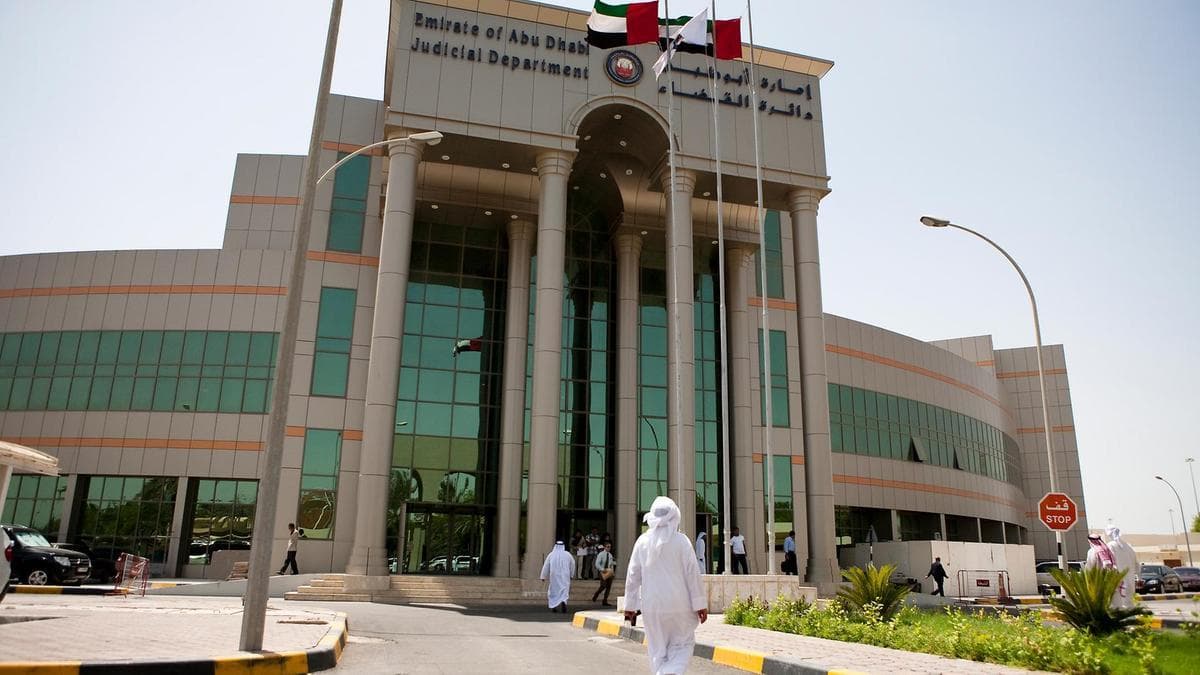
Travellers Passing Through UAE Warned Against Non- Disclosure of Excess Cash
Travellers must disclose cash and valuables over Dh60,000 to avoid penalties
The Abu Dhabi Judicial Department (ADJD) has issued a warning to travellers passing through the country against failing to declare "currencies, precious metals, and precious stones" of significant value at any point of entry in the UAE.
In its warning bulletins on its website, the department stated that travellers arriving in or departing from the Emirates via airports or ports must disclose any money, precious metals, and precious stones whose value exceeds Dh60,000. Failure to do so is a punishable offence.
Declaration Procedure
The Federal Authority for Identity and Citizenship, Customs and Ports Security (ICP), in cooperation with the Abu Dhabi Judicial Department (ADJD), has launched an advanced electronic system called "Afsah" to enable travellers arriving in and departing from the UAE to declare cash and other specified possessions totalling more than Dh60,000 or its equivalent in foreign currencies.
Under the "Afsah" system, each family member over the age of 18 has the right to carry an amount not exceeding this limit without disclosure. Any amount exceeding this must be declared through "Afsah" or other approved disclosure systems at the country's border crossings.
The amount carried by travellers under the age of 18 is added to one accompanying adult family member, provided that the total value of what they carry together does not exceed Dh60,000.
Cash amounts must be disclosed in accordance with previous controls through the system, either via the website or the smart version via the smartphone application, where the disclosure process and registration of data can be completed easily.
The system aims to ensure the security of travellers and their money in line with international laws and standards, and in harmony with the state’s directives and legislation, which enhance the country’s competitiveness and consolidate its position regionally and globally.
Fines
If a traveller violates the disclosure system and fails to declare cash and other specified possessions exceeding the permitted limit of Dh60,000, a customs fine will be imposed in accordance with the Unified Customs Law.
The traveller and the seized items will be referred to the competent law enforcement authorities.
The penalty for money laundering or carrying money in excess of what the law allows, or concealing the sources of money, metals, or precious materials whose value exceeds what the law specifies, is governed by Federal Law No. (20) of 2018.
Anyone found guilty of violating regulations regarding possession, concealment, or suspicious transactions with funds can be punished by imprisonment for a period of not less than three months and a fine of not less than Dh50,000, or by one of these two penalties, if there is sufficient evidence.
The UAE’s efforts at ensuring the disclosure of cash and cash equivalents aim to secure the smooth movement of people and funds through the country’s border crossings, combat money laundering and terrorist financing, and provide a safe and comfortable travel experience.
For any enquiries or information, contact ask@tlr.ae or call us on +971 52 644 3004. Follow The Law Reporters on WhatsApp Channels.